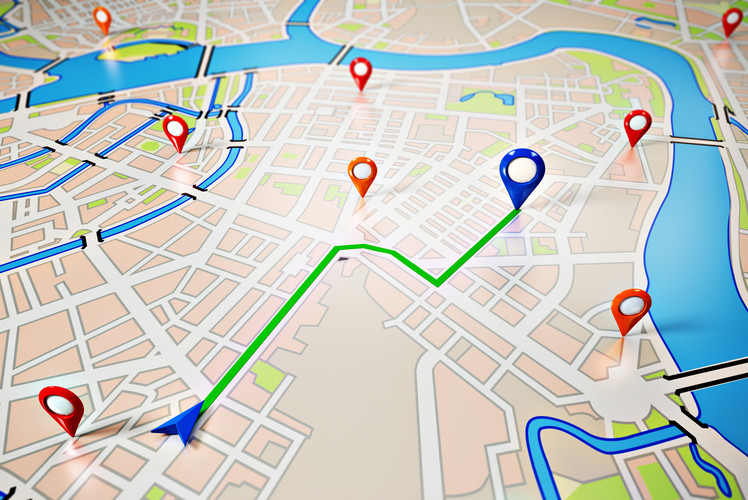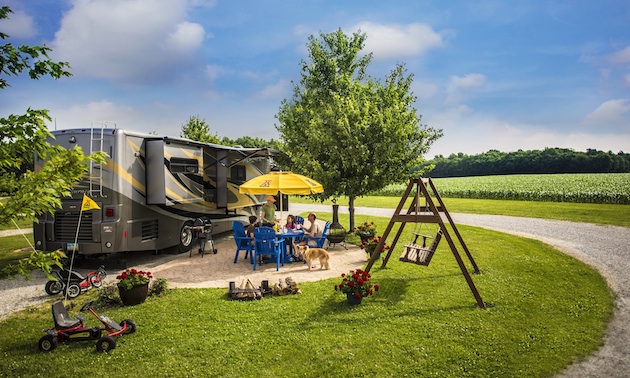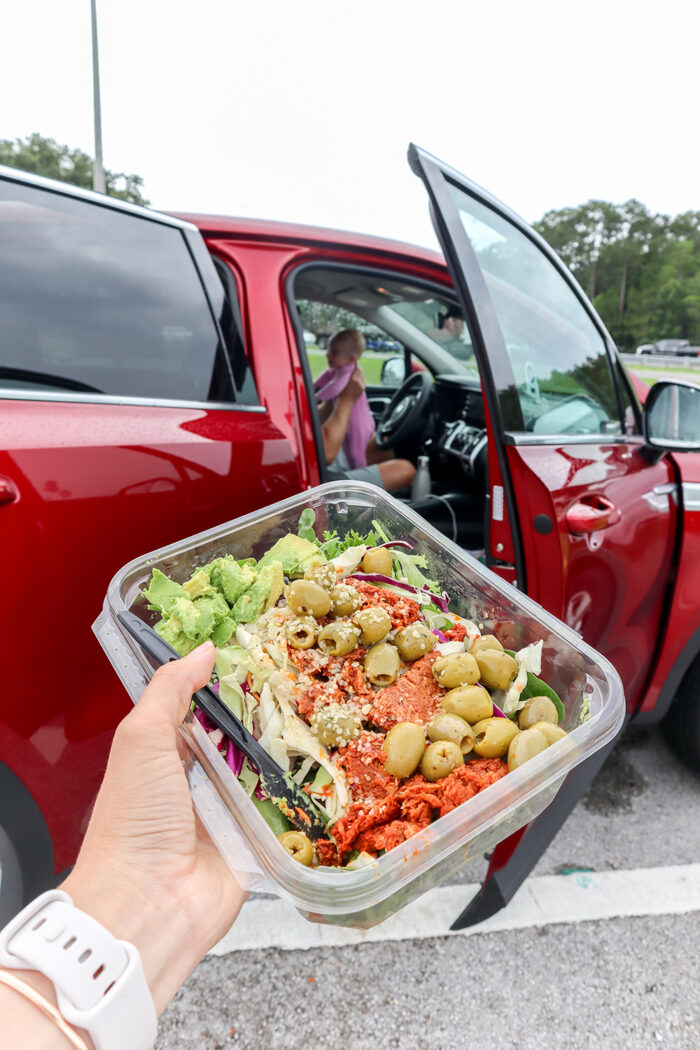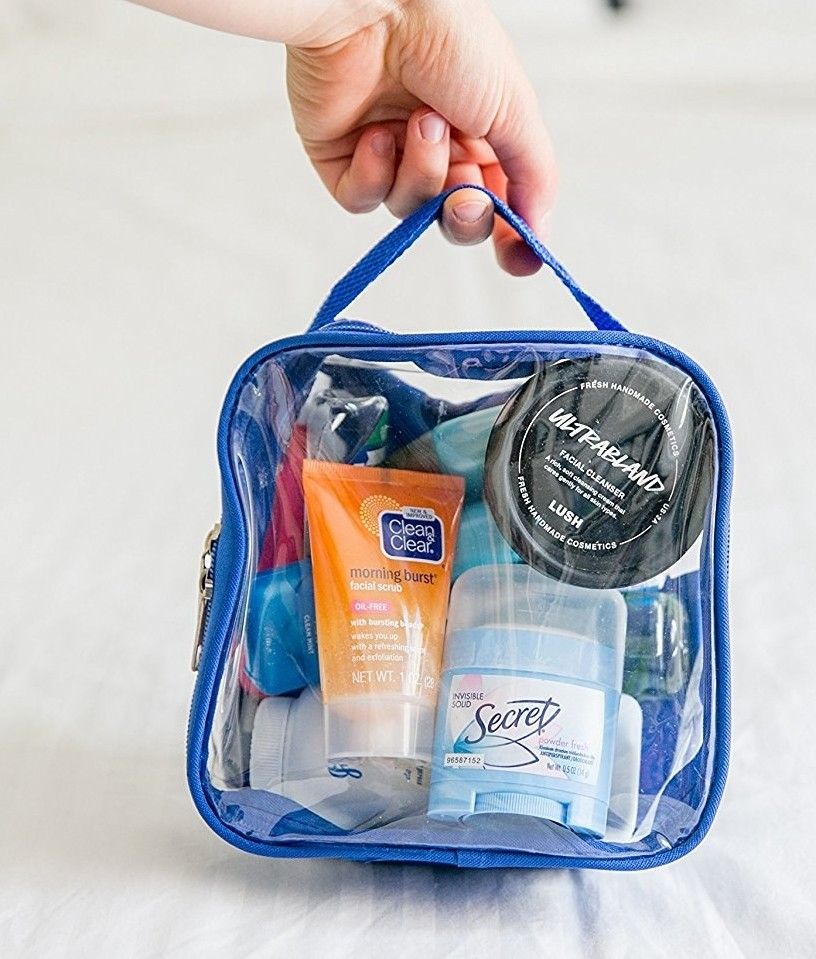An RV road trip can be an incredible adventure, offering the freedom to explore diverse landscapes, embrace new experiences, and create lasting memories. However, the costs associated with traveling can quickly add up, leaving many budget-conscious travelers wondering if it’s possible to enjoy this experience without breaking the bank.
The good news is that with some careful planning and savvy decision-making, RVing on a budget is entirely achievable. This comprehensive guide will provide valuable tips and strategies to save money during your road trips, allowing you to make the most of your travel budget without sacrificing comfort or enjoyment.
Plan Your Route and Finances

source: pinterest.com
You must consider the distance between each location and the time to travel there. Planning your vacation efficiently can minimize fuel costs and optimize your time. Next, consider the expenses associated with each destination. Look into campground fees, admission prices for attractions, and any other costs you may encounter. Budgeting for these expenses in advance is essential so you’re aware during your trip.
To save money, consider visiting destinations that offer free or low-cost activities. Look for national parks, hiking trails, or beaches that don’t require hefty entrance fees. Additionally, research any discounts or deals available for attractions or activities. Some places offer discounted rates for seniors, students, or members of certain organizations.
Another aspect to consider is the duration of your trip. Longer trips may require more funds for fuel, campground fees, and food. If you’re on a tight budget, consider shortening your trip or focusing on destinations closer to each other to reduce travel costs.
Choose Affordable Campgrounds

source: pinterest.com
There are various options available that offer reasonable rates without compromising on comfort and amenities. One option is to consider public campgrounds, such as those found in national forests or Bureau of Land Management areas. These campgrounds often have lower fees than private RV parks, making them cost-effective.
State parks are another excellent option for affordable camping. They offer beautiful natural settings, often with access to hiking trails, lakes, or other recreational activities. While fees vary from state to state, these parks generally offer more affordable rates than private RV parks.
By choosing affordable campgrounds, you can stretch your budget further and have more money to allocate to other aspects of your road trip. It’s all about finding the right balance between cost and convenience while still enjoying the beauty of your surroundings.
Cook Your Meals

source: pinterest.com
With a well-equipped kitchen in your RV, you have the convenience and flexibility to prepare delicious and cost-effective meals. Start by planning your meals. Make a list of ingredients and create a menu for your trip. This will help you shop strategically, ensuring you have everything you need while minimizing food waste. Consider meals that are easy to prepare and require minimal ingredients.
When grocery shopping, opt for budget-friendly stores or local farmers’ markets where you can find fresh produce at lower prices. Buying in bulk or choosing store-brand products can also help you save money. Remember to stock up on non-perishable items like canned goods, pasta, and spices, which can be used for multiple meals.
Take advantage of your RV’s kitchen facilities to cook meals instead of relying on eating out. Prepare breakfasts, lunches, and dinners in your RV, and pack snacks for on-the-go. Not only will you save money, but you’ll also have more control over your meals’ quality and nutritional value.
Consider cooking in batches and utilizing leftovers creatively. For example, make a large pot of chili or stew that can be enjoyed for multiple meals. Repurpose leftovers into new dishes, such as turning roasted chicken into sandwiches or using grilled vegetables in a salad.
Additionally, take advantage of outdoor cooking options like grilling. It adds variety to your meals and allows you to enjoy the outdoor experience while saving on energy costs.
Pack Your Own Supplies

source: pinterest.com
By being well-prepared and having the essentials, you can avoid unnecessary purchases and potentially overpriced items. Start by making a checklist of the supplies you’ll need during your trip. This includes toiletries, cleaning supplies, cooking utensils, and other essentials. Before hitting the road, ensure you have an ample supply of these items for your trip.
Consider purchasing items in bulk or opting for larger sizes when it makes sense. This can often result in lower costs per unit and reduce the need for frequent restocking. Additionally, watch for sales or discounts on the products you regularly use and stock up during those times.
Pack non-perishable items for food and beverages that can be easily stored and consumed during your trip. This includes snacks, canned goods, dry goods, and beverages. Having a well-stocked pantry in your RV can help you avoid impulse purchases at convenience stores or expensive restaurants. Furthermore, bring refillable water bottles to reduce the need for purchasing bottled water. Many recreational vehicles also come equipped with built-in water filtration systems, allowing you access to clean drinking water throughout your journey.
Save on Fuel Costs

source: pinterest.com
Implementing a few strategies can help you optimize fuel efficiency and monitor your expenses. Firstly, maintaining a steady speed and avoiding rapid acceleration and braking can improve fuel economy. Smooth and consistent driving helps conserve fuel by reducing unnecessary energy expenditure. Utilize your RV’s cruise control feature whenever possible to maintain a constant speed, especially on long stretches of highway.
You can also plan your routes strategically to minimize travel distances and avoid traffic congestion. Taking the most direct and efficient route can help you save both time and fuel. Utilize navigation apps or websites that provide real-time traffic updates to plan your journeys effectively.
Keep your vehicle well-maintained to ensure optimal fuel efficiency. Regularly check your tire pressure and ensure they are properly inflated. Underinflated tires can decrease fuel efficiency. Additionally, schedule routine maintenance checks, such as oil changes and air filter replacements, as your manufacturer recommends. A well-maintained engine operates more efficiently, helping you save on fuel.
It’s also important to consider the weight of your RV and belongings. The heavier your RV is, the more fuel it requires to move. Pack only the essentials and avoid carrying unnecessary items that add to the weight. Empty waste tanks before hitting the road, as carrying excess water and waste can increase fuel consumption.
Another way to save money on your RV road trip is to consider storing your car or additional belongings at a reputable car storage facility while you’re on the road. This option frees up valuable space in your RV, reducing weight and improving fuel efficiency.
Maximize Your RVing Experience on a Budget!
In conclusion, RVing on a budget is entirely feasible with proper planning and smart decision-making. By implementing the tips discussed in this guide, such as planning your route and finances, choosing affordable campgrounds, cooking your meals, packing your supplies, and saving on fuel costs, you can make the most of your road trip while keeping your expenses in check.
These strategies allow you to stretch your budget further, giving you the freedom to explore new destinations, indulge in local experiences, and create lasting memories without financial strain. Remember, being resourceful, flexible, and mindful of your spending is key. Embrace the adventure of RV travel while being conscious of cost-saving opportunities.




